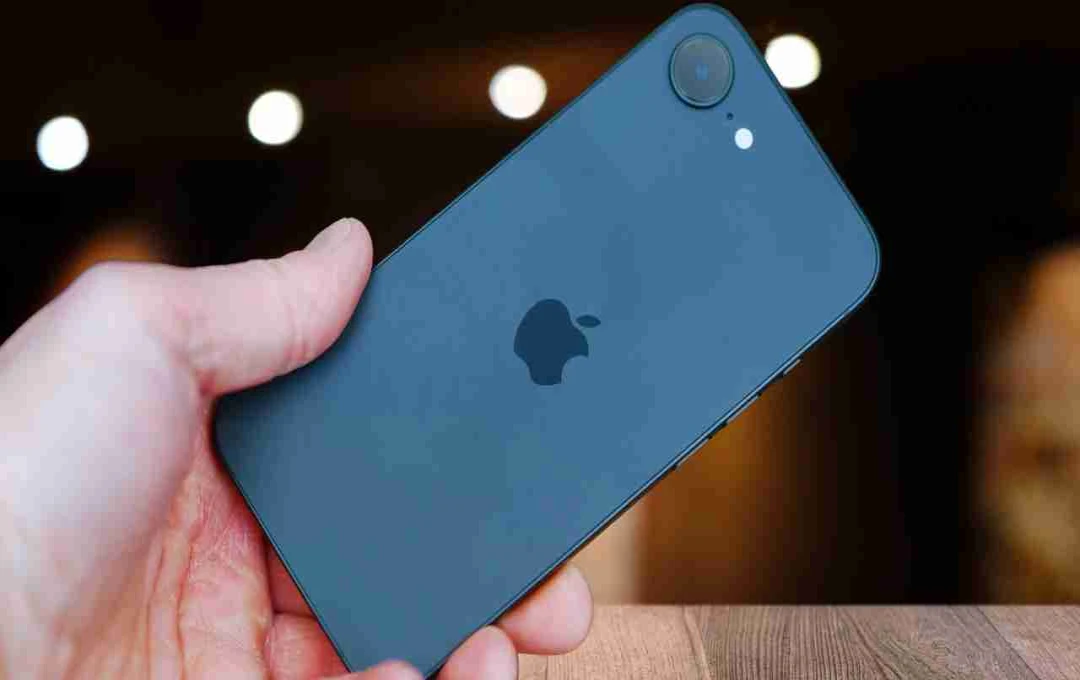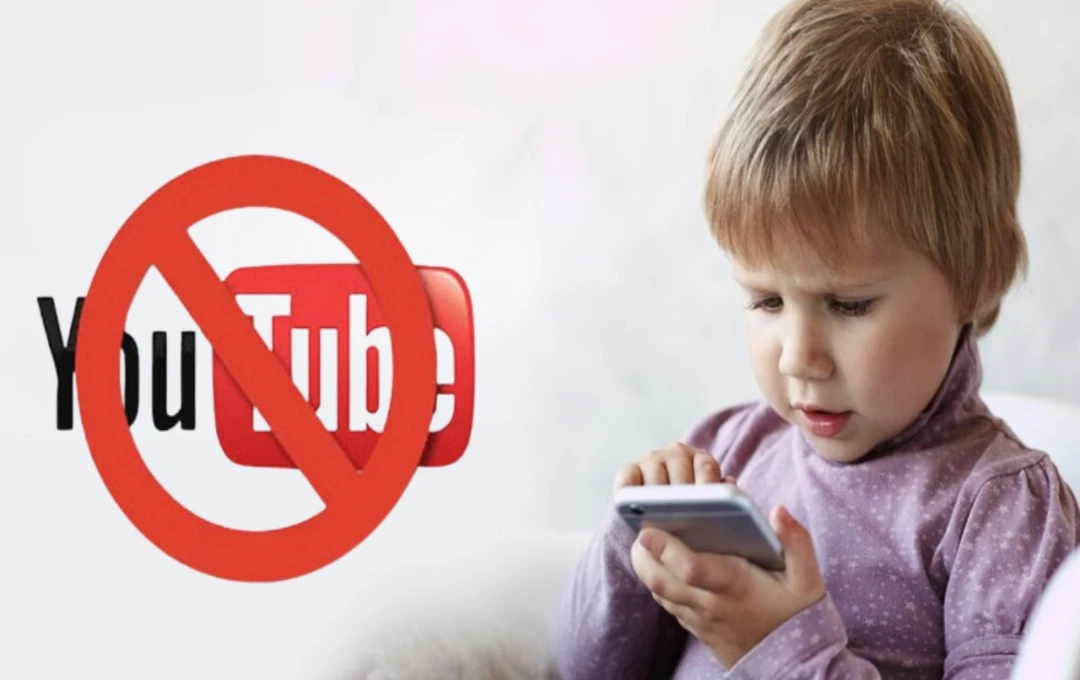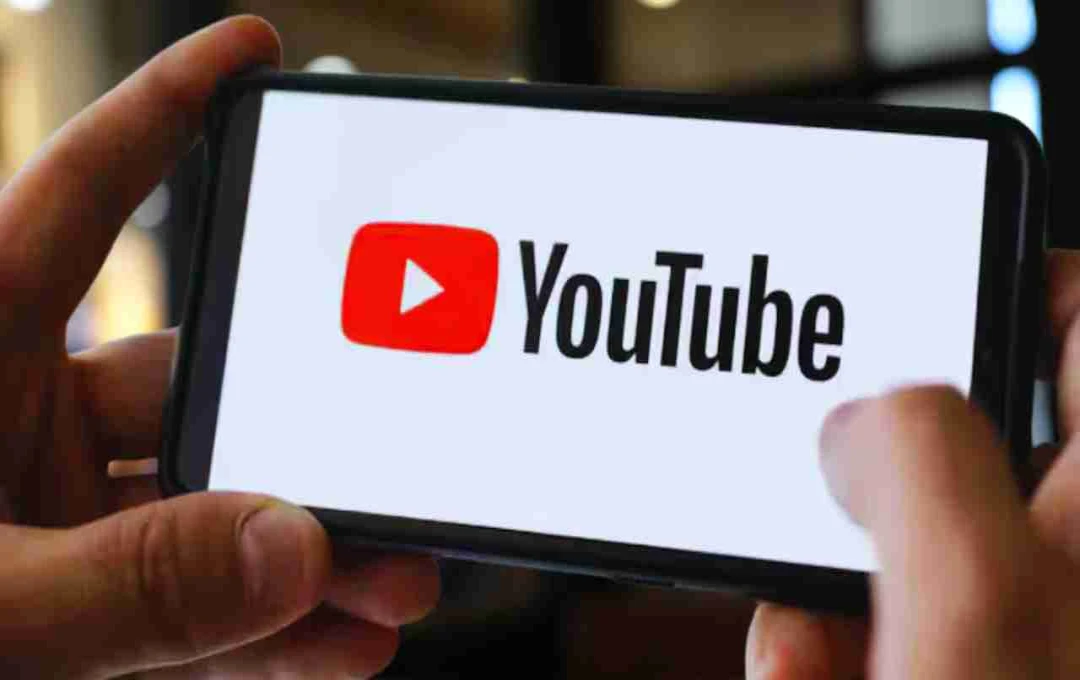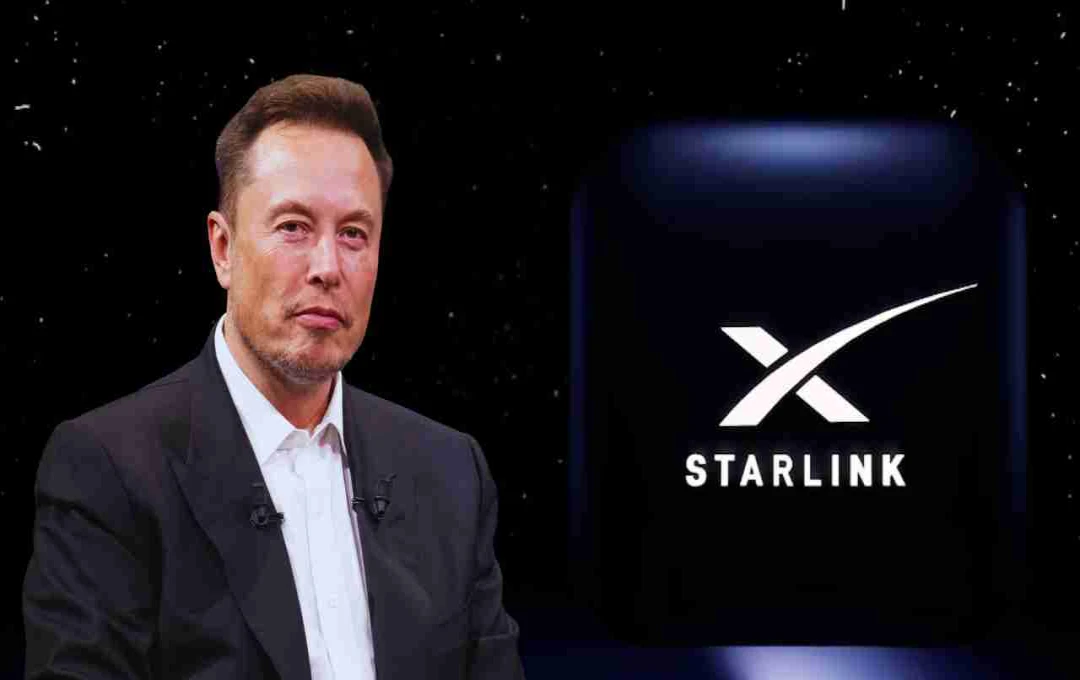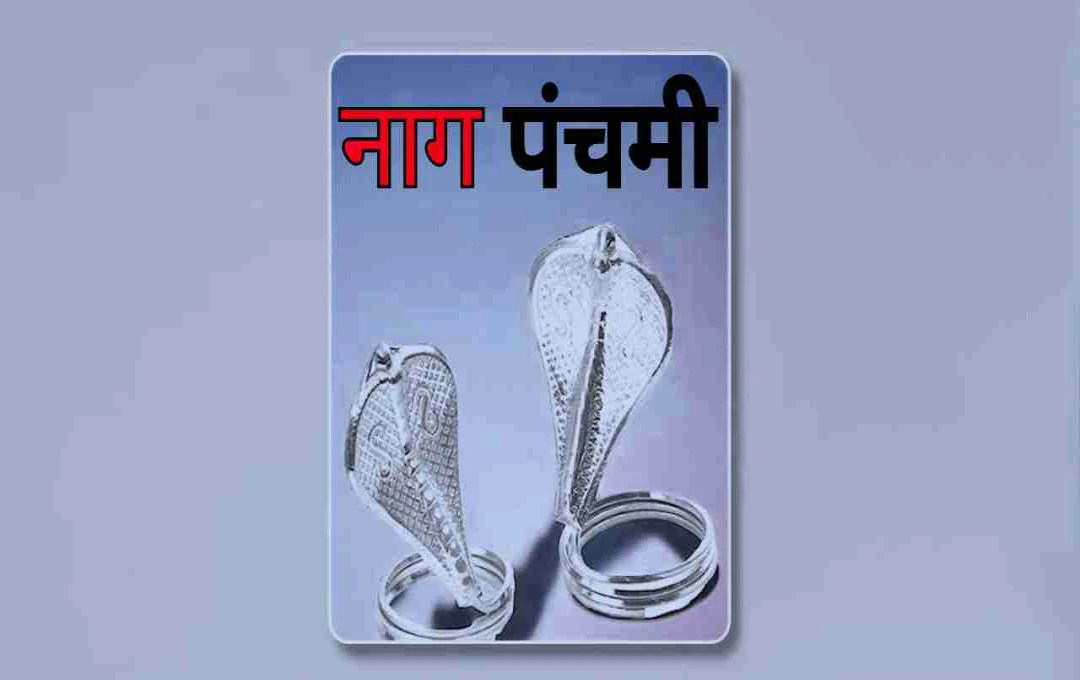A US court has denied Apple's motion to dismiss the antitrust lawsuit. The allegations of hindering competition within the iPhone ecosystem have been deemed sufficient. The case will now proceed to trial in 2027.
Apple: A major legal challenge has emerged for Apple, the US tech giant. A federal court in New Jersey has dismissed the company's petition to dismiss the antitrust case, making it clear that the matter will go to trial. The trial is expected to begin in 2027 and is considered the most serious challenge to Apple's business model by the US Department of Justice (DOJ).
Court's Clear Message: The Lawsuit is Strong
US District Judge Javier Neals, in a detailed 33-page ruling, stated that the evidence presented against Apple is sufficient, and the way the government has presented its charges fits completely within the scope of legal investigation.
He stated, "This lawsuit presents numerous examples of technical barriers that clearly demonstrate anti-competitive behavior."
Why was Apple's petition dismissed?
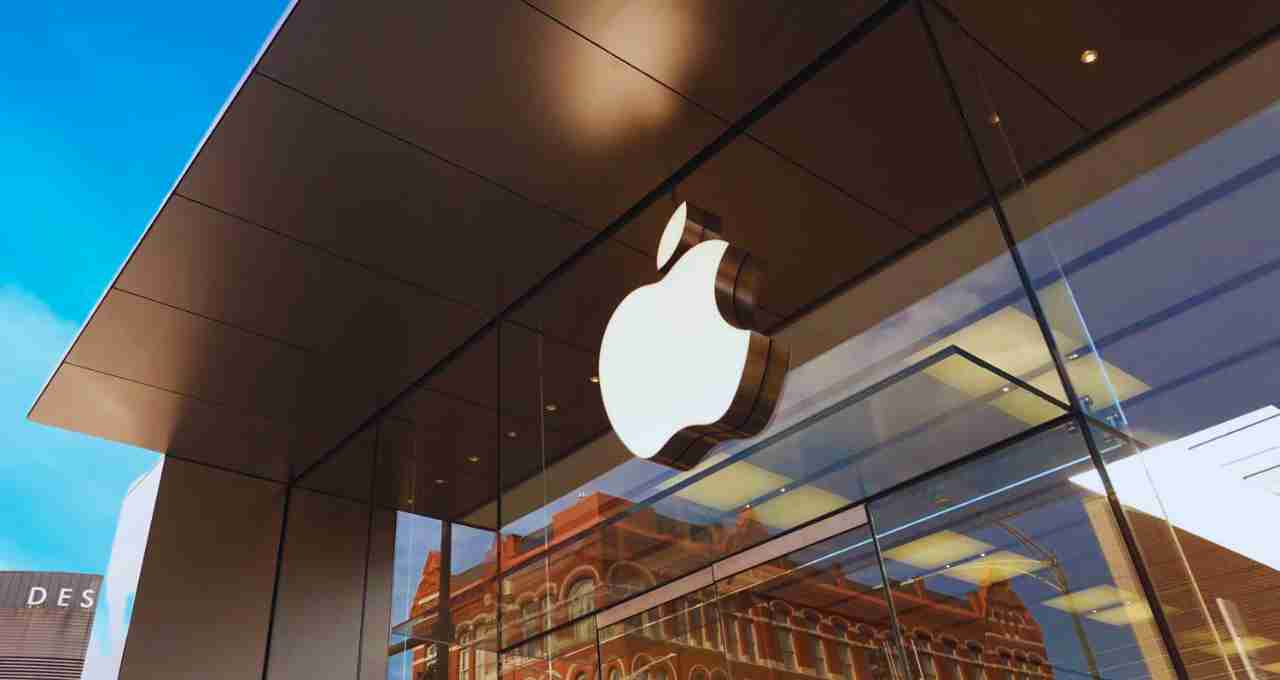
Apple claimed that:
- The DOJ had incorrectly defined the smartphone market.
- Apple's iOS ecosystem is for consumer protection and user experience, not to eliminate competition.
- The company's devices and services are based on innovation and integration, which do not lead to price increases or hinder innovation.
However, the court deemed these arguments insufficient, stating that the DOJ had presented sufficient grounds to demonstrate that Apple, through its iPhones and related services, has created a 'Walled Garden'—a kind of closed environment where external apps, services, and devices are intentionally limited.
What is the 'Walled Garden' model and why is it controversial?
Apple's Walled Garden model is an ecosystem in which iPhones, iPads, Apple Watches, Macs, and other devices only work smoothly with Apple's software and hardware.
For example:
- iMessage only provides high-quality chatting between Apple devices. Android users are excluded from this.
- Apple Pay and the App Store charge a hefty commission on every transaction.
- Third-party apps and devices receive limited access to iOS.
The DOJ alleges that Apple intentionally designed this model to maintain its monopoly position in the market and limit consumer choices.
Next steps in the lawsuit
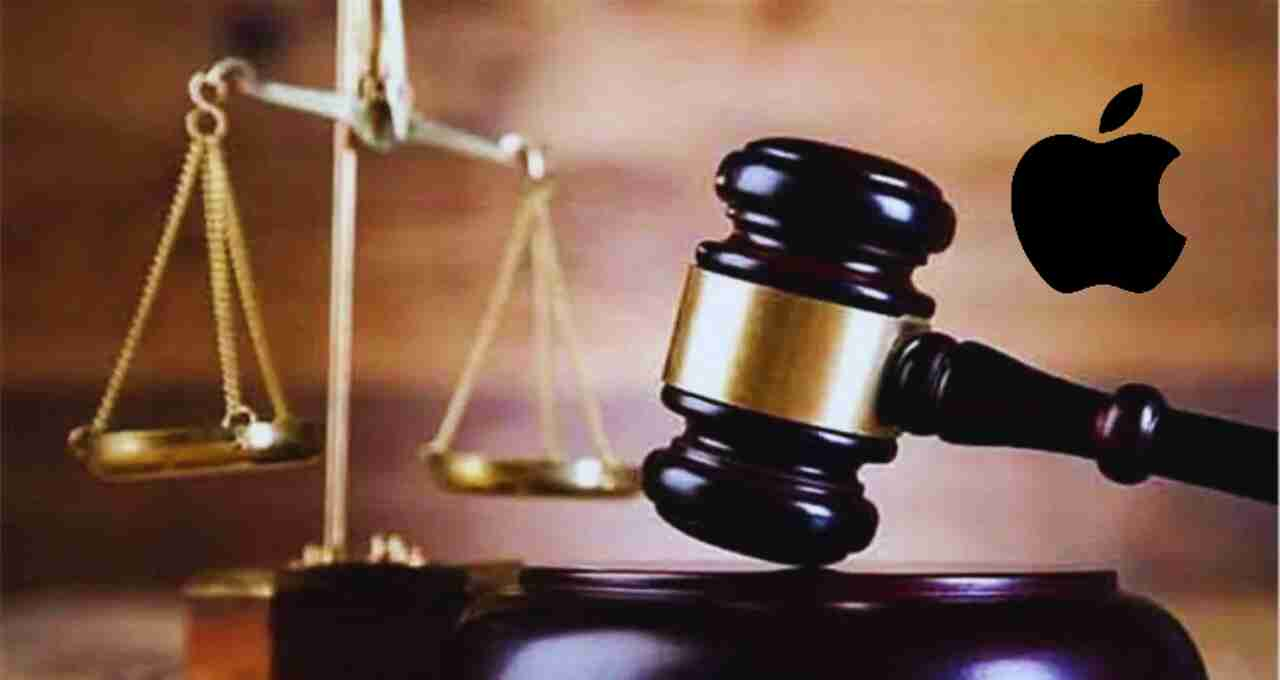
The court, setting the timeline for the lawsuit, stated that:
2025-26: Discovery Phase and preliminary arguments
By the end of 2026: Identification of witnesses and final submissions
Early 2027: The lawsuit will be presented in court for trial
Apple's Response
Apple, after the court's decision, issued a statement saying: 'This lawsuit is wrong on both the facts and the law. We will challenge it vigorously in court.'
The company claims that its ecosystem is intended to ensure customer security, privacy, and a better experience, not to eliminate competition.
Potential impact on the tech industry
If the DOJ wins this lawsuit, its impact will not be limited to Apple:
- Apple may be forced to open the App Store and iOS platform.
- This lawsuit could also open new avenues against other tech giants like Google, Meta, and Amazon.
- Consumers may get more choices for apps, messaging, and payments.
